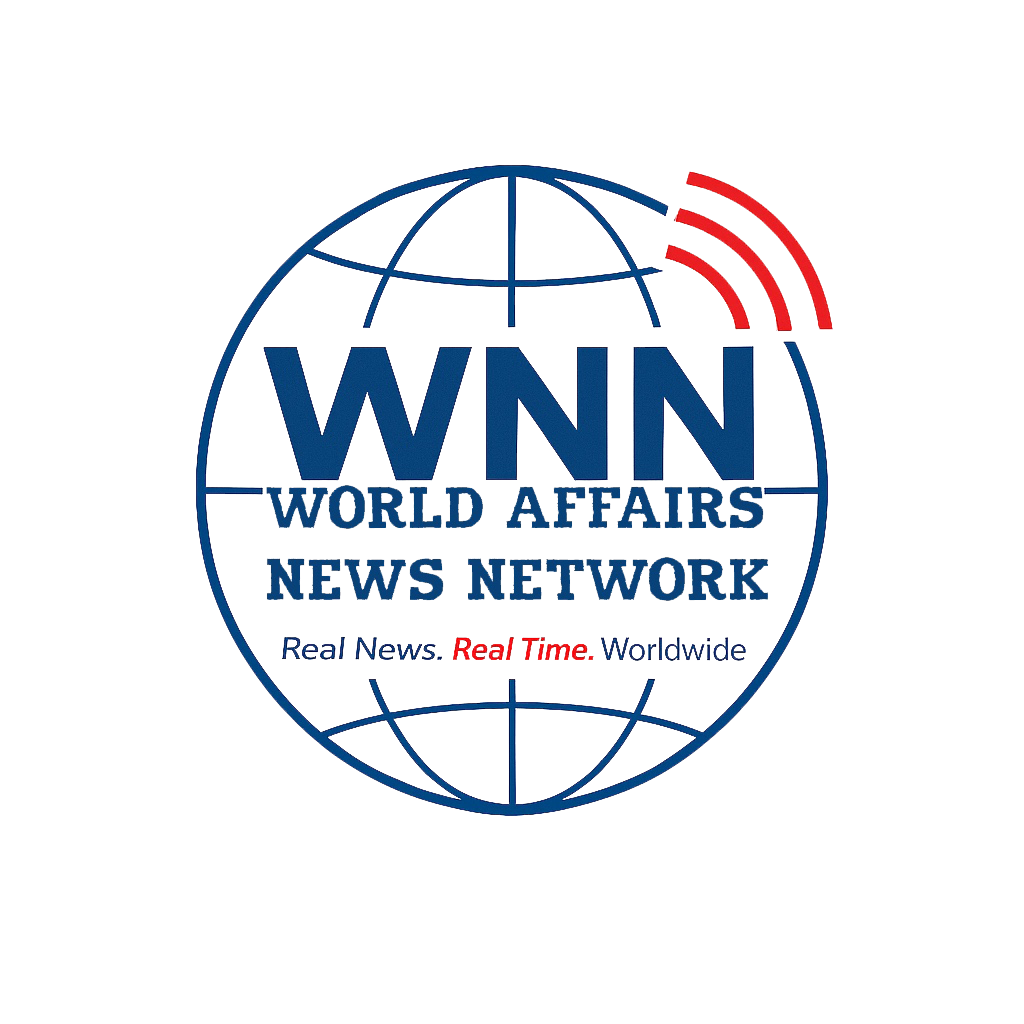NEW DELHI/RIYADH: U.S. President Donald Trump’s landmark visit to the Gulf has yielded an unprecedented $600 billion investment pledge from Saudi Arabia, with half of that amount formalized during his time in Riyadh. Crown Prince Mohammed bin Salman greeted Trump with full state honors, reinforcing the Kingdom’s strategic realignment toward the United States as its preferred economic and security partner. The Crown Prince confirmed that a second tranche of deals—potentially bringing the total to $1 trillion—will be completed in the coming months. This commitment, the largest of its kind between the two countries, comes at a time when the international order is undergoing structural recalibration, with U.S. power increasingly deployed through investment flows, technological leverage, and economic diplomacy rather than direct military intervention.
Trump’s high-profile entourage, which included Elon Musk, OpenAI’s Sam Altman, BlackRock CEO Larry Fink, and Treasury Secretary Scott Bessent, toured Saudi mega-projects and participated in closed-door strategy sessions. The agreements signed span a wide range of sectors, including clean energy, critical minerals, artificial intelligence, space, logistics, and defense co-development. A significant portion of the investment will be directed toward American infrastructure, industrial manufacturing, and advanced technologies, with a focus on job creation across multiple U.S. states. The Saudi Public Investment Fund, which now manages nearly a trillion dollars in assets, will serve as the financial engine behind these capital transfers, marking a new phase in Riyadh’s Vision 2030 strategy to diversify away from oil. Trump’s administration projects that the deal could create over 300,000 American jobs in its first phase alone, while embedding U.S. firms into the long-term technological and industrial transformation of the Gulf.
One of the centerpiece achievements of the visit was the formalization of a $142 billion defense cooperation package – now the largest arms agreement in U.S. history. It includes next-generation air and missile defense systems, fifth-generation aircraft programs, naval modernization, cybersecurity platforms, and AI-driven battlefield integration. Over 40 American defense contractors are involved, with co-development agreements laying the groundwork for a gradual localization of high-tech manufacturing within the Kingdom. Unlike previous arms sales focused solely on transactions, this package introduces strategic defense interoperability, knowledge transfer, and industrial scaling between American firms and Saudi partners. Washington’s intention is clear: to anchor Saudi Arabia as not just a regional client, but as a defense-industrial ally capable of burden-sharing in a multipolar security environment.
The trip also revealed a calculated recalibration of U.S. priorities in the region. Notably absent from Trump’s itinerary was Israel – a decision that reflects the current diplomatic frostiness surrounding the Gaza war and Israel’s hardline government under Prime Minister Netanyahu. With the conflict in Gaza ongoing and diplomatic channels frozen over core issues such as a ceasefire and Palestinian sovereignty, the political cost of normalization with Israel remains high for Arab capitals. While President Trump reiterated his desire to see Saudi Arabia eventually normalize relations with Israel, he acknowledged that such a move must come “in its own time.” White House officials indicated that informal security and intelligence cooperation with Israel continues, but the optics of direct engagement remain too sensitive for a public platform.
In parallel, Trump’s administration is engaged in renewed diplomatic efforts with Iran. American and Iranian officials met discreetly in Muscat last weekend to explore a potential framework that would curb Iran’s enrichment activities and reduce regional tensions. Trump has offered limited sanctions relief in exchange for verifiable nuclear caps and a halt to Iranian proxy activity in Iraq, Syria, and the Red Sea, where recent escalations have threatened maritime trade routes. While no formal agreement has yet been announced, both sides appear motivated to avoid a direct confrontation. Trump made clear that if Iran does not return to negotiations, his administration will reintroduce maximum pressure measures and consider military options as a last resort.
The geopolitical ripple effects of this Gulf tour are already being felt in South Asia, particularly in the aftermath of Operation Sindoor—the high-intensity, short-duration conflict that erupted between India and Pakistan in early 2025. Though the conflict was rapidly contained by decisive Indian military action and international pressure, it left behind significant strategic uncertainty. India has maintained its consistent policy of rejecting external mediation, emphasizing its sovereignty and deterrent posture. However, Pakistan, facing internal instability and an economic crisis, sought financial and diplomatic support from its traditional backers, including Saudi Arabia.
Saudi Arabia’s alignment with Washington under this new investment and defense framework alters the power dynamics subtly but significantly. Riyadh, which approved a multibillion-dollar liquidity package to Islamabad earlier this year, may now coordinate such assistance more closely with U.S. strategic objectives. With Pakistan heavily reliant on external financing and constrained by IMF obligations, any shift in Saudi policy whether fiscal, diplomatic, or strategic—can have immediate implications for its foreign policy behavior. The Trump administration’s growing influence over the Kingdom provides Washington with a unique backchannel to temper escalations in South Asia without provoking India’s objections to third-party involvement.
As the world enters an era defined less by ideological blocs and more by transactional power alliances, Trump’s Gulf windfall marks a decisive pivot in America’s geopolitical playbook. It reinforces the use of economic leverage, high-tech partnerships, and multi-domain defense architecture as the tools of 21st-century statecraft. In doing so, the U.S. consolidates its influence not only in the Middle East but also in adjacent regions like South Asia and the Indo-Pacific. The Saudi-American axis, reinvigorated through this unprecedented convergence of capital and strategy, will likely shape the contours of regional stability, trade flows, and military balance for years to come. Whether in Riyadh, New Delhi, or Tehran, the message is unmistakable: U.S. influence is evolving not in retreat, but in redesign.
– Dr. Shahid Siddiqui; Follow via X @shahidsiddiqui



















